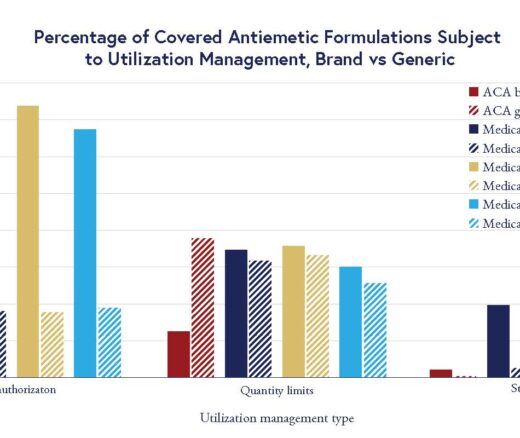
Medicare’s Hidden Fix for High Drug Costs
Medicare’s Payment Plan Can Ease Seniors’ Crushing Drug Costs but Medicare Buries it in the Fine Print
In Their Own Words
The following excerpt is from an op-ed that first appeared in the New York Times on April 3, 2023.
Conservative Texans and liberal Californians disagree on much in politics. But legislators in both states agree on a new approach to giving people with cognitive impairments a greater chance for self-determination. It’s called supported decision-making, and it is shaping up to be the most consequential change in the care of older people and others with limitations in mental functioning since the rise of advance care directives in the 1990s.
The difference between guardianship, the traditional way to help those with such impairments, and supported decision-making is analogous to the difference between a dictatorship and self-rule. Unlike guardianship, which creates an all-powerful guardian and strips the subject of the right to make decisions, in supported decision-making, the individual retains final control over key decisions. That person enlists one or more trusted others, such as family members or close friends, to aid him in making decisions. The supporters are there only to assist.
The National Council on Disability rightfully describes this approach as “the most promising and comprehensive alternative to guardianship.” More support for these life-affirming arrangements is needed.
Britney Spears’s public efforts to end the nearly 14-year guardianship she was under cast a light on problems with the arrangement that too often remain in the shadows. In seeking to end her guardianship, Ms. Spears testified in court: “I truly believe this conservatorship is abusive. I don’t feel like I can live a full life.” A judge in Los Angeles concluded in 2021 that the guardianship was no longer needed and terminated it.
Read the entire op-ed here.




Medicare’s Payment Plan Can Ease Seniors’ Crushing Drug Costs but Medicare Buries it in the Fine Print

Even With Lower Prices, Medicare, Medicaid, and Other Insurers Tighten Coverage for Drugs Like Mounjaro and Zepbound Using Prior Authorization and Other Tools

A 2024 Study Showing How Even Small Copays Reduce PrEP Use Fueled Media, Legal, and Advocacy Efforts As Courts Weighed a Case Threatening No-Cost Preventive Care for Millions

Chart of the Day: LDI Researchers Report Major Coverage Differences Across ACA and Medicaid Plans, Affecting Access to Drugs That Treat Chemo-Related Nausea

Insurers Avoid Counties With Small Populations and Poor Health but a New LDI Study Finds Limited Evidence of Anticompetitive Behavior

A Proven, Low-Risk Treatment Is Backed by Major Studies and Patient Demand, Yet Medicare and Insurers Still Make It Hard To Use